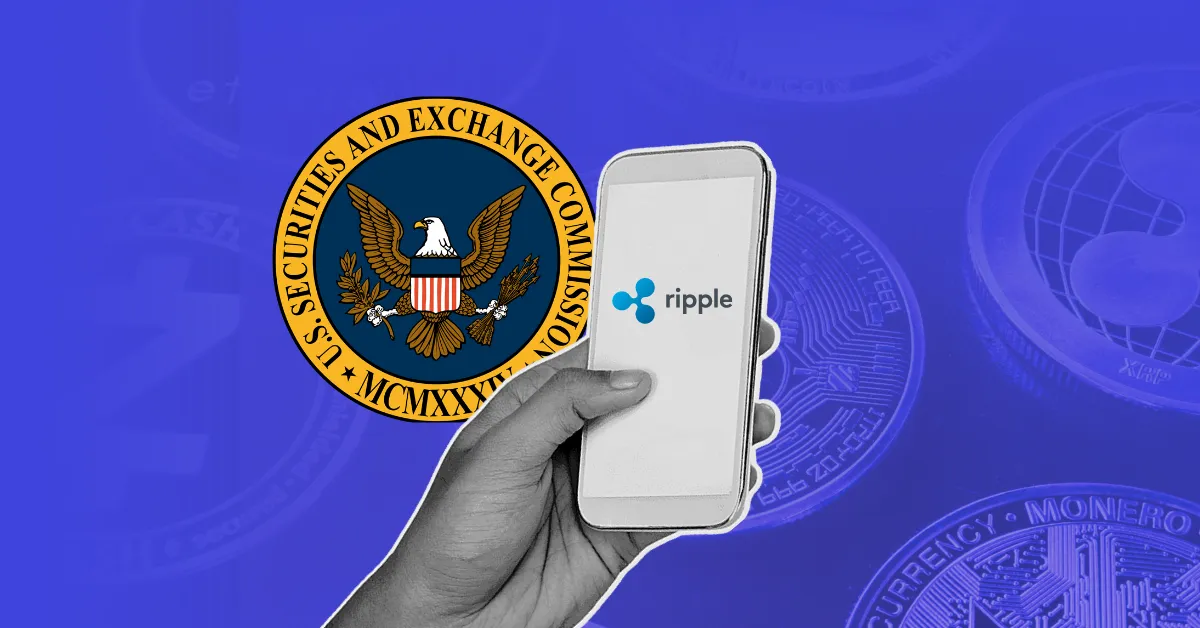In a dramatic turn of events, Ripple has taken a bold stance by filing a resolute opposition to the U.S. Securities and Exchange Commission’s (SEC) planned interlocutory appeal.
The ongoing legal saga between Ripple and the SEC has reached a crucial juncture as Ripple, a prominent player in the cryptocurrency space, vehemently contests the SEC’s intent to challenge a pivotal court ruling.
Ripple Responds to SEC’s Interlocutory Appeal with Strong Opposition
Ripple’s move comes after a recent victory on July 13, 2023, when the court ruled in favor of Ripple, stating that certain distributions of the XRP token were not securities offerings. However, just weeks later, on August 9, the SEC signaled its intention to initiate an interlocutory appeal, seeking to contest the ruling that favored Ripple.
In its filing, Ripple passionately argues against the SEC’s anticipated appeal, challenging the basis on which the appeal is being sought. Ripple claims that the SEC’s shift towards an appeal contradicts its earlier position and purpose, stating that:
“Having failed to meet its burden to present facts that would support stretching [the Howey test] to cover all of [Ripple’s] distributions of the digital asset XRP, the SEC now does an about-face and rushes to appeal what it claims … is a purely ‘legal question’ affecting all other digital-asset cases.”
Ripple argues that the requirements necessary for an interlocutory appeal are absent and further delves into the intricacies of its argument against the SEC’s stance.
Ripple’s Pointed Disproof to SEC’s Appeal Strategy
In its response, initially, Ripple highlights that the debated summary judgment does not revolve around a single controlling question of law. Instead, it argues that the security status of programmatic XRP sales involves a complex array of facts and circumstances that the Howey test, as the SEC itself acknowledges, inherently considers.
Moreover, Ripple challenges the Securities and Exchange Commission’s (SEC) assertion of an “intra-district split” by disputing the mere existence of any substantial differences. It emphasizes that ongoing SEC cases vary significantly in their unique facts and circumstances, making them inadequate as evidence for asserting an intra-district division.
Further, Ripple highlights that the SEC’s appeal may complicate legal matters instead of expediting proceedings. This goes against the SEC’s claim that it would improve efficiency.
With the case details now exposed for scrutiny, Ripple’s arguments have garnered significant attention. They have also given rise to intriguing speculations about the direction of this nearly three-year-long lawsuit.
Credit: Source link
































